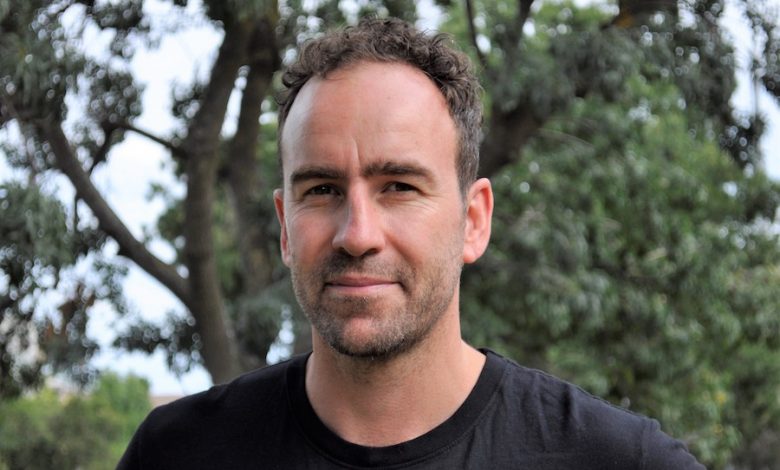Scope 3: Addressing transport’s gaping lack of GHG transparency

Melbourne-based startup Scope 3 is at the forefront of the transport carbon footprint debate, developing solutions to help companies measure, model and optimise transport from a greenhouse gas (GHG) perspective.
Michael Blake, the company’s CEO, says Scope 3 was born out of the “growing acceptance” that change is required in the way goods are transported around the world, in order to counter the rapidly mounting effects of climate change.
“Our clear objective is to help companies gain transparency into the transport GHG footprint, then influence it from a strategic and operational execution perspective,” Blake explains.
Earlier in a diverse career, the Australian worked as a port agent in Melbourne for Austral Asia Pacific Line.
Blake has been watching the GHG debate grow in importance but feels the industry as a whole is missing an important part of the story.
“There seems to be a large focus on solutions to reduce but we don’t effectively measure or understand the current landscape,” Blake reckons.
Scope 3’s suite of technology solutions helps to deal with what Blake describes as the “gaping lack of transparency and understanding” about how to measure transport emissions, then to provide users with the opportunity of optimising CO2 from transport.
“Transport as a contributor to global warming is already behind, and forecast to fall further behind other sectors,” Blake argues, adding: “Transport is quickly becoming the weak link in the climate change battle. It lacks solutions in the hands of those creating and managing the growing transport task.”
Blake believes that for the majority of the shipping industry reducing GHG emissions is still in the “too hard basket”. Nevertheless, there are some pioneers willing to be more transparent on emissions.
“I think a lot of businesses in the transport sector get spooked when the topic of transparency into CO2 gets raised due to commercial sensitivities, fear of being benchmarked against other companies and the complexity of the task,” Blake says.
However, in the last 12 months he and his team have felt a shift in the market and a growing willingness of some companies to gain insights into transport generated CO2.
“Due to a general lack of regulatory pressure in the region, this is driven by a global shift in corporations to better understand their Scope 3 emissions and to make supply chains more sustainable and cleaner,” Blake says, predicting: “At this point in time it’s the corporates generating the transport demand who will be the ones to push this agenda item fairly and squarely into the transport sector.”
